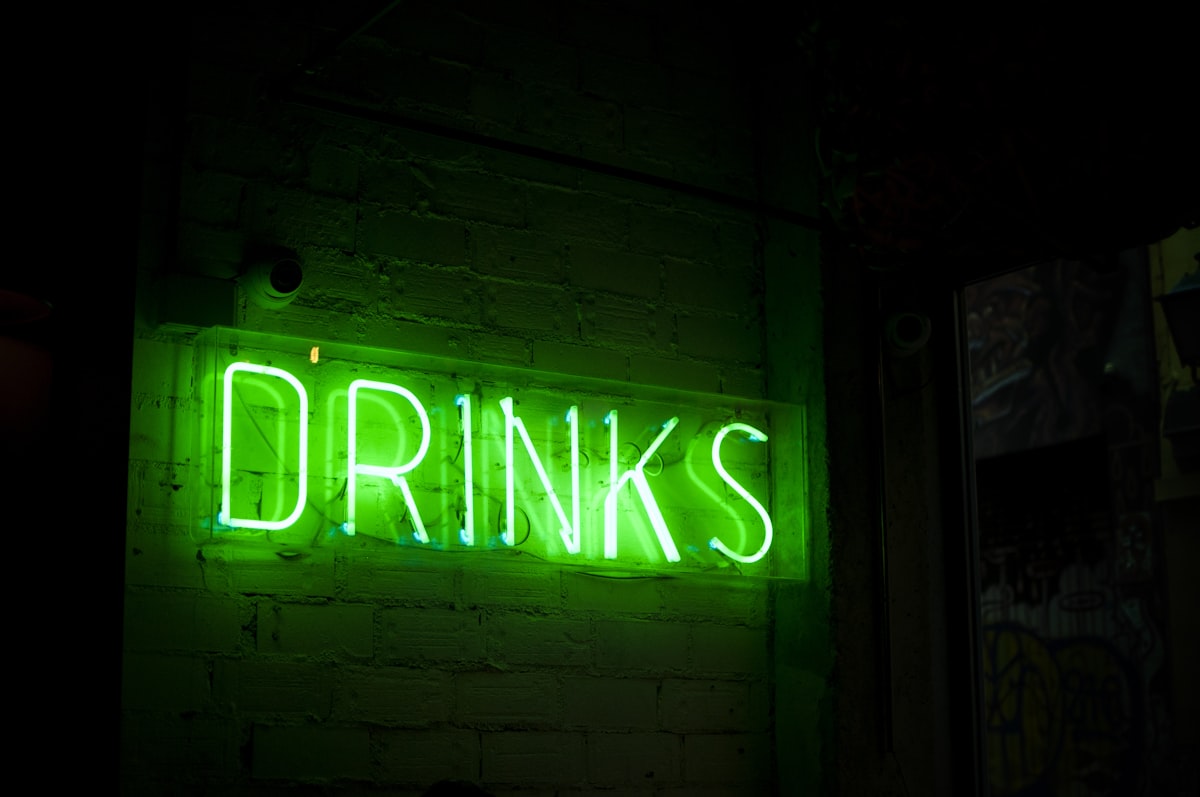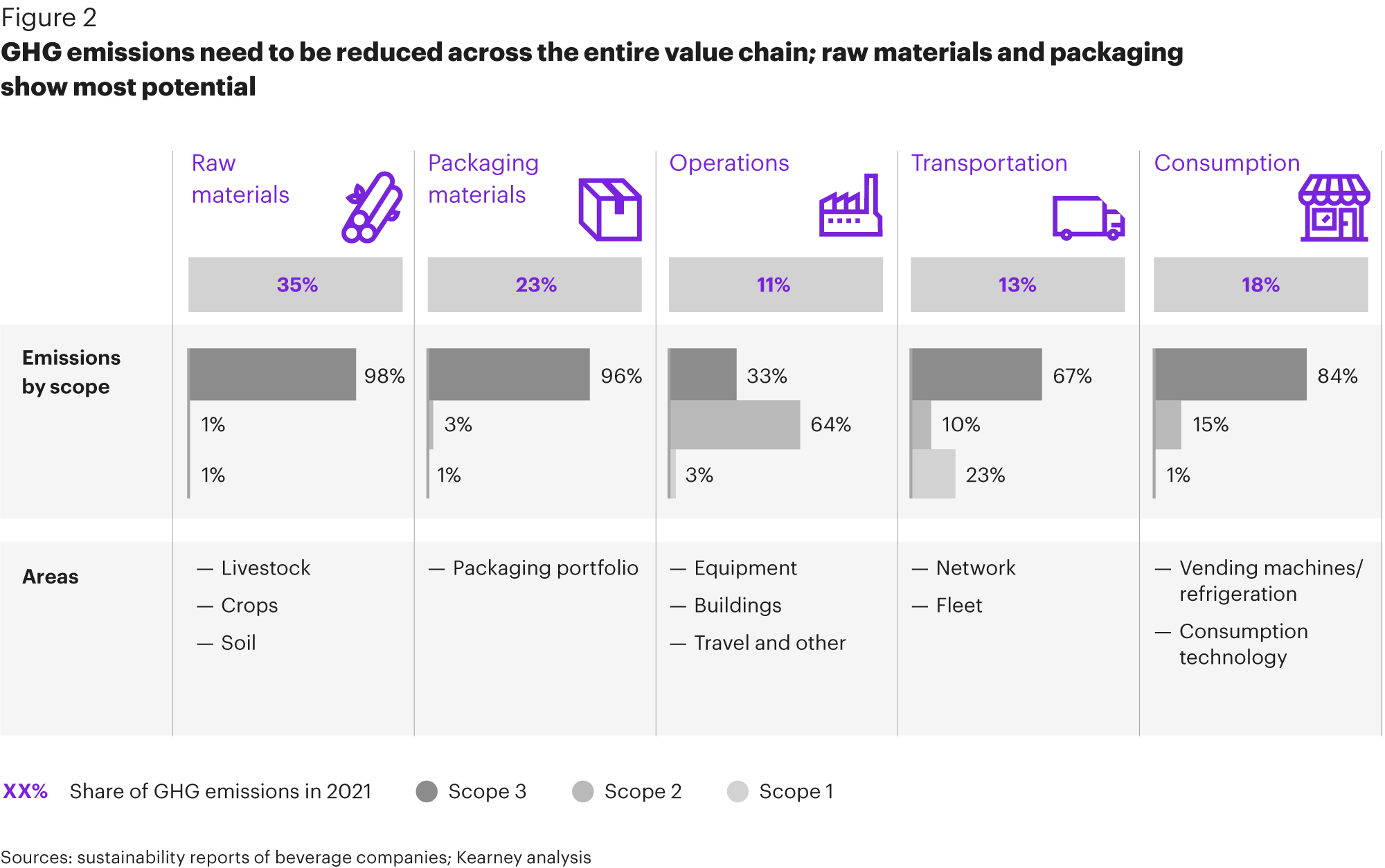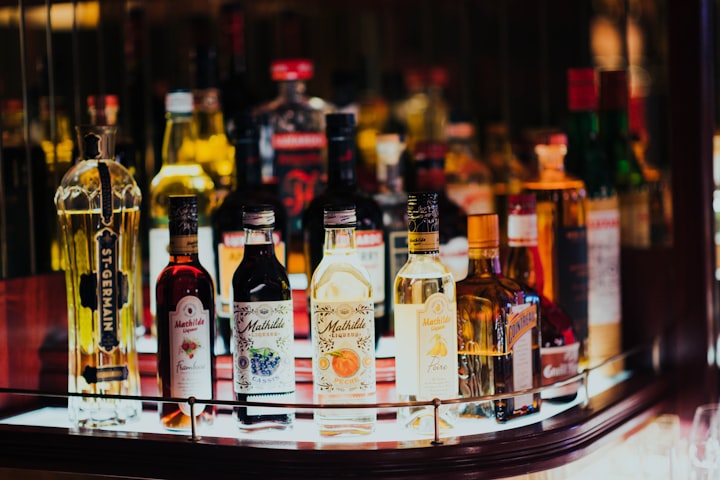Sip by Sip: The Beverage Industry's Pledge to a Net-Zero Future
Unraveling the beverage industry's roadmap to net-zero: Discover the collaborative strategies, innovations, and global shifts driving sustainable change, one sip at a time.

As the world sips its way through billions of beverages daily, the industry faces a monumental challenge: achieving net-zero emissions. Dive into the strategies and innovations paving the way.
The global push towards sustainability has placed the beverage industry under the spotlight, with many questioning its environmental impact. Kearney's recent research delves deep into the challenges and opportunities the sector faces in its journey to net-zero emissions.
The Current Landscape
Kearney's study highlights that while many beverage companies have made commendable efforts in reducing their direct emissions, there's a significant gap when it comes to Scope 3 emissions. These emissions, which arise from indirect activities such as raw material sourcing, transportation, and product disposal, often account for a substantial portion of a company's carbon footprint.

The Scope 3 Challenge
The beverage industry's vast and intricate supply chain makes Scope 3 emissions a complex issue. From sourcing ingredients to transporting finished products, each step contributes to the sector's overall emissions. Kearney's research emphasizes the need for a holistic approach, one that encompasses every facet of the supply chain.
1. Collaborative Effort
The Challenge: The beverage industry's supply chain is vast and intricate. Achieving net-zero emissions isn't just about what happens within the four walls of a company. It extends to every supplier, distributor, and stakeholder involved in bringing a product to the consumer.
The Numbers: According to Kearney's research, Scope 3 emissions, which include those from the supply chain, can account for up to 80% of a beverage company's total carbon footprint. This underscores the importance of collaboration.
The Solution: Companies need to foster open communication and joint initiatives with their partners. For instance, joint training sessions, workshops, and sustainability targets can ensure that every entity in the supply chain is aligned with the net-zero goal.

2. Innovation is Key
The Challenge: Traditional methods of production and packaging in the beverage industry are resource-intensive and contribute significantly to emissions.
The Numbers: Packaging alone can contribute to nearly 40% of the product's carbon footprint, especially if non-recyclable materials are used.
The Solution: Investing in R&D to develop sustainable packaging solutions, such as biodegradable or recyclable materials, can drastically reduce this footprint. Additionally, adopting energy-efficient production methods and machinery can further cut down emissions.
3. Consumer Awareness
The Challenge: Today's consumers are more informed and environmentally conscious than ever before. They demand transparency and sustainability in the products they consume.
The Numbers: A recent survey indicated that 73% of consumers are willing to change their consumption habits to reduce their environmental impact.
The Solution: Beverage companies need to prioritize sustainability not just as a moral obligation but as a business strategy. By aligning with consumer values, they can build brand loyalty and gain a competitive edge in the market.
4. Regulatory Push
The Challenge: Governments and international bodies are recognizing the urgency of the climate crisis and are setting stringent targets for industries to reduce their emissions.
The Numbers: The Paris Agreement, signed by 196 countries, aims to limit global warming to well below 2 degrees Celsius. To achieve this, industries, including beverages, have specific emission reduction targets to meet.
The Solution: Proactive measures, such as regular carbon footprint audits, aligning with international standards, and setting internal targets that go beyond regulatory requirements, can ensure that beverage companies not only comply with regulations but also lead the way in sustainability.
Conclusion
The journey to net-zero is a challenging yet crucial one. Kearney's research provides valuable insights for beverage companies, offering a roadmap to a sustainable future. As the industry grapples with its environmental impact, it's clear that a comprehensive, collaborative, and innovative approach is the way forward.
Reference: Kearney's Research on Achieving Net-Zero in Beverages.






Comments ()